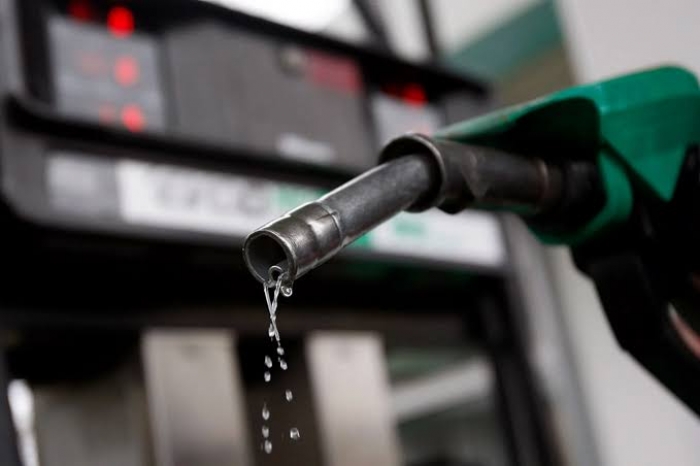The comparison between petrol prices and wage levels in Nigeria and the United Kingdom starkly highlights the severe economic challenges faced by Nigerians, underscoring the high levels of poverty in the country.
Comparison Overview:
1. United Kingdom:
- Minimum Wage: £11.44 per hour.
- Monthly Wage: £1,830.4 (assuming a 40-hour work week as in Nigeria).
- Petrol Price: £1.43 per litre (approximately N2,931 per litre).
- Purchasing Power: With the minimum wage, a worker can buy about 1,311 litres of petrol per month.
2. Nigeria:
- Minimum Wage: N30,000 per month.
- Petrol Price: N600 per litre.
- Purchasing Power: With the minimum wage, a worker can only buy about 50 litres of petrol per month.
Implications for Nigerian Livelihoods:
1. Limited Purchasing Power:
The disparity in purchasing power is glaring. A minimum wage earner in Nigeria can purchase only 50 litres of petrol per month, compared to 1,311 litres in the UK. This vast difference highlights the severe limitations on the disposable income of Nigerian workers, where a significant portion of their income is consumed by essential goods like fuel. This leaves little room for other necessities such as food, healthcare, education, and housing, contributing to widespread poverty, hardship and hunger.
2. Impact on Daily Life:
- Transportation Costs:
Petrol is a critical component of transportation costs. The high price relative to income means that transportation becomes unaffordable for many, affecting their ability to commute to work, access markets, and engage in other economic activities. This further entrenches poverty as people are unable to earn a livelihood or expand their economic opportunities.
- Energy Costs:
In a country with frequent power outages, many households and businesses rely on petrol-powered generators. The high cost of petrol means that even basic electricity needs become prohibitively expensive, affecting the quality of life and business operations.
Economic Implications:
1. Erosion of the Production Base:
- Increased Production Costs: The high cost of petrol relative to wages significantly raises the cost of production for businesses, particularly in sectors like manufacturing and agriculture that depend heavily on transportation and energy. This reduces competitiveness, discourages investment, and leads to higher prices for goods and services, further exacerbating inflation.
- Stunted Industrial Growth:
The inability of businesses to absorb these high costs without passing them on to consumers or scaling down operations have led to closures, layoffs, and a reduction in industrial output. This weakens the country's production base, making it more dependent on imports and further straining the economy. An example of this is the new presidential directive to import food - duty and tax free - into the country.
2. Worsening Poverty and Inequality:
- Limited Economic Mobility:
With such low wages and high costs of essential goods, social mobility becomes extremely difficult. People are trapped in a cycle of poverty with little hope of improvement, as even small economic shocks can push them deeper into poverty.
- Exacerbation of Inequality:
The gap between the wealthy and the poor widens, as those with access to higher incomes can maintain their standard of living, while the majority struggle to meet basic needs.
Conclusion:
The comparison of petrol prices and wage levels between Nigeria and the UK starkly reveals the harsh economic realities faced by Nigerians. The implications for the livelihood of the average Nigerian are severe, with limited purchasing power leading to a high cost of living, reduced access to basic services, and a deteriorating quality of life. For the economy, the high cost of petrol relative to wages threatens the viability of businesses, weakens the production base, and exacerbates poverty and inequality.

































































